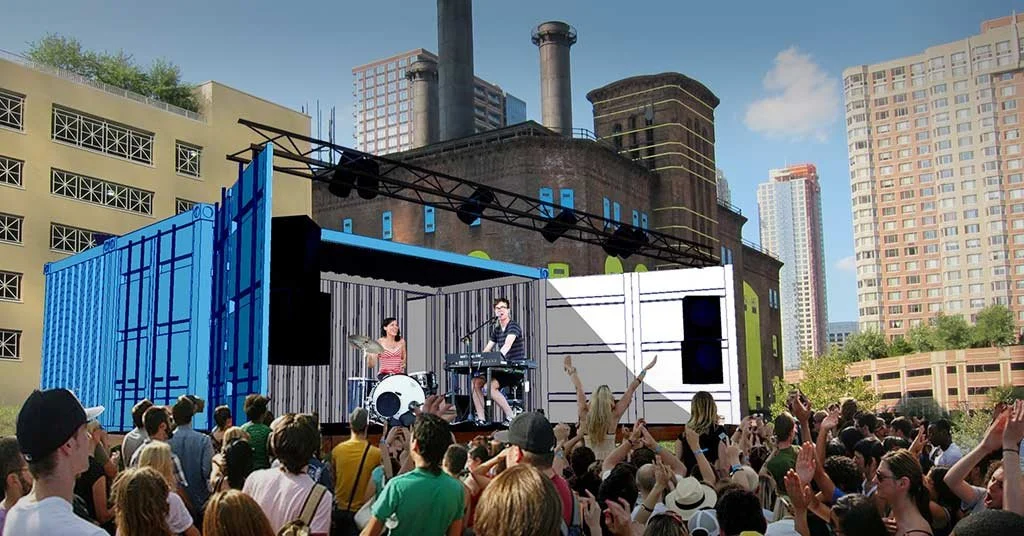Mobile Stages, Big Impact: How Pop-Up Venues Are Redefining Touring Models
The live music industry is evolving, and so are the ways artists connect with fans. Traditional touring models — reliant on fixed venues and rigid schedules — are giving way to mobile, flexible stages that allow artists to bring the show directly to communities, small markets, and unconventional spaces. As a Managing Partner in global talent management, I’ve seen firsthand how pop-up venues are not just logistical innovations — they’re redefining audience engagement, artist development, and brand partnerships.
Mobile stages, such as shipping-container platforms or modular setups, provide intimate, immersive experiences that larger venues often can’t replicate. Artists can perform in under-served regions, connect personally with fans, and create moments that generate lasting impact. For emerging talent, these platforms offer the chance to tour efficiently, build a grassroots following, and experiment creatively without the financial risk of traditional venues.
From a management perspective, pop-up venues also open new revenue and branding opportunities. Collaborations with local businesses, sponsorships, and regional marketing campaigns can be integrated directly into the event experience. These stages allow us to design unique, market-specific activations — whether it’s a curated festival experience, a brand showcase, or a hybrid live/digital event.
Operationally, mobile stages require careful planning. Logistics, crowd management, safety, and technical production must be aligned with the artist’s creative vision. But when executed well, the payoff is enormous: increased fan loyalty, media attention, and innovative content opportunities that traditional tours may not provide.
Ultimately, mobile and pop-up venues are more than a trend — they’re a strategic tool in modern touring. They empower artists to expand reach, connect with communities directly, and deliver unforgettable performances that resonate culturally and commercially. For managers and talent teams, embracing these models is about combining creativity, operational expertise, and business acumen to maximize both impact and sustainability in today’s evolving live music landscape.
Cody Lieberman is the Managing Partner of Global Talent Management at M23, working at the intersection of Live Music, Brand Partnerships, and Artist Development. He’s committed to building sustainable, artist-focused careers and experiences where creativity, community, and business success thrive together.


